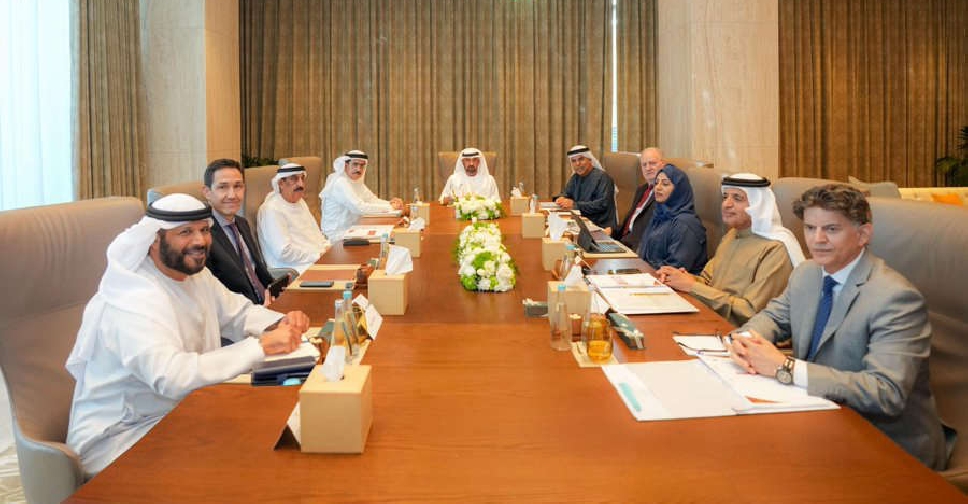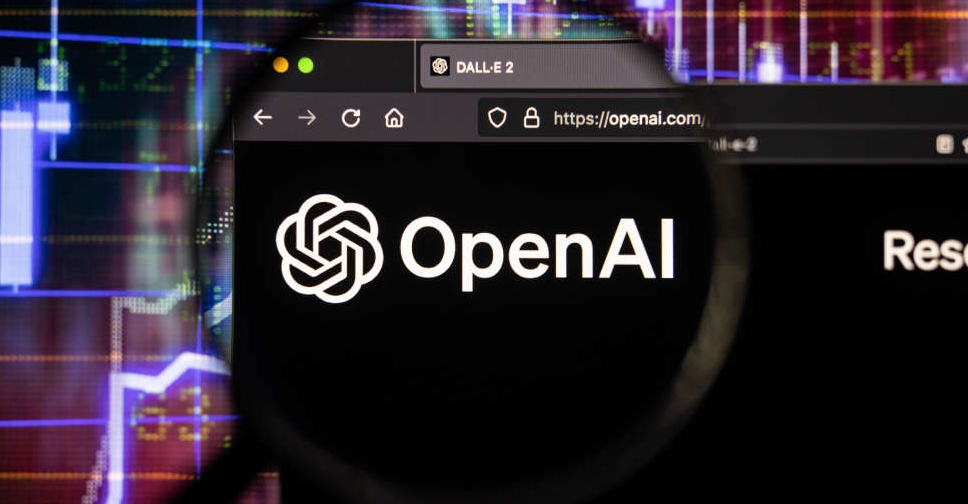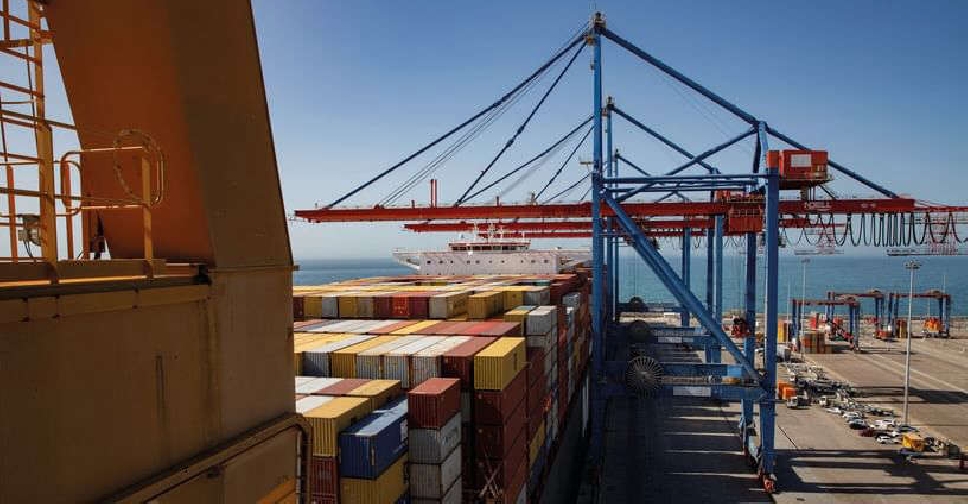
BP Plc sees signs of growth in 2017 following more than two years of an oil slump that hammered its earnings. Oil’s slide forced BP to reduce spending by billions of dollars, delay projects and cut thousands of jobs as it was also shrinking by a third to pay for the fatal 2010 Gulf of Mexico spill. Conditions turned around this month after Organisation of Petroleum Exporting Countries (OPEC) and 11 other nations agreed to cut oil production for the first time in 15 years in an effort to pull the industry out of the downturn. “It’s time for BP to start growing,” BP Chief Executive Officer Bob Dudley said Saturday in a Bloomberg Television interview in Abu Dhabi. “Now that we’ve walked through so many difficulties in the US, that I think the company now is well positioned for growth.” The UK’s second-biggest oil company plans to start seven to eight major projects next year as oil prices recover, Dudley said. Companies have mothballed projects in the past two years to protect their balance sheets, prompting many officials including Saudi Arabian Oil Minister Khalid Al-Falih to say a supply shortfall is possible later this decade. The challenge for big companies is to keep costs down when prices rise and demand for projects increases. BP has said it can cover its spending and dividends without having to borrow with Brent oil at $50 to $55 per barrel next year, down from an earlier estimate of $60. Benchmark oil prices closed at $55.21 on Friday, climbing 19 per cent since the OPEC decided on November 30 to cut production by 1.2 million barrels a day. Prices averaged less than $45 a barrel this year compared with $108 in 2013. BP’s adjusted earnings have fallen year-over-year for nine consecutive quarters because of oil’s slump. The company will trim capital expenditure to about $16 billion this year, from a previous estimate of less than $17 billion, it said last month. OPEC’s oil ministers have said a price of $60 a barrel would be acceptable to everyone. (Mahmoud Habboush, Tracy Alloway and Rakteem Katakey/Bloomberg)



 IDC 2025 discusses global disruptions, defence preparedness
IDC 2025 discusses global disruptions, defence preparedness
 Dubai Energy Council reviews carbon emissions progress
Dubai Energy Council reviews carbon emissions progress
 OpenAI board rejects Musk's $97.4 billion offer
OpenAI board rejects Musk's $97.4 billion offer
 AD Ports Group reports net profit of AED 1.78 bln
AD Ports Group reports net profit of AED 1.78 bln


